New Reports
South Korea’s ODA Policies at a Crossroads: A New Political Opportunity for Institutional Reforms

- Author: Taekyoon Kim
- Publisher: KOICA(Korea International Cooperation Agency)
- Date: May 16th, 2017
Full Text of the Report
Incorporating Climate Change Adaptation into Sustainable Development
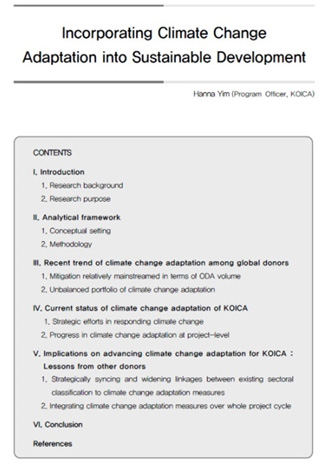
- Author: Hanna Yim
- Publisher: KOICA(Korea International Cooperation Agency)
- Date: June, 2017
Full Text of the Report
Aid Fragmentation and Effectiveness: What Do We Really Know?
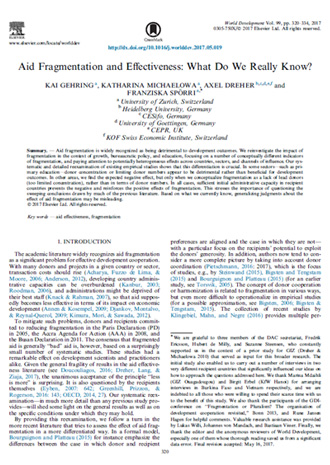
- Author: Kai Gehring, Katharina Michaelowa, Axel Dreher, Franziska Spörri
- Publisher: Elsevier
- Date: June 20th, 2017
Full Text of the Report
Does Development Aid Work?
Improving Aid Effectiveness in International Development Cooperation Efforts
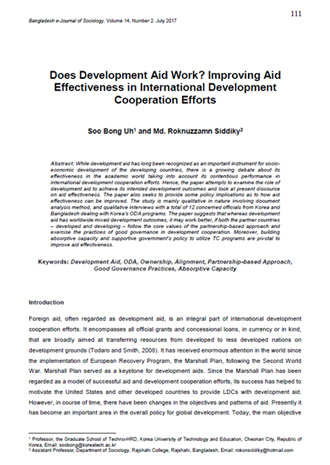
- Author: Soo Bong Uh and Md. Roknuzzamn Siddiky
- Publisher: Bangladesh Sociological Society
- Date: July, 2017
Full Text of the Report
Transforming smallholder agriculture to achieve the SDGs
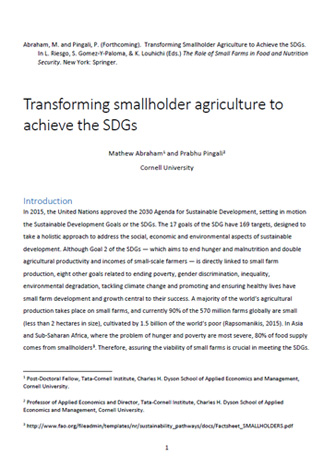
- Author: Mathew Abraham and Prabhu Pingali
- Publisher: New York: Springer.
- Date: August, 2017
Full Text of the Report
Linked sustainability challenges and trade-offs among fisheries, aquaculture and agriculture
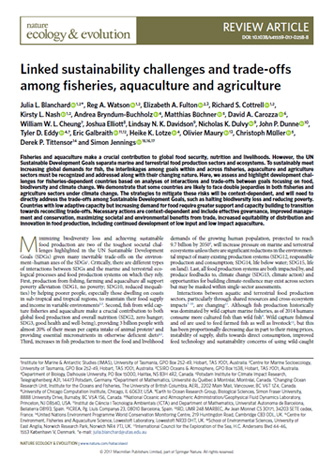
- Author: Blanchard. JL, Watson. RA, Fulton. EA, Cottrell. RS, Nash. KL
- Publisher: Macmillan
- Date: September, 2017
Full Text of the Report

